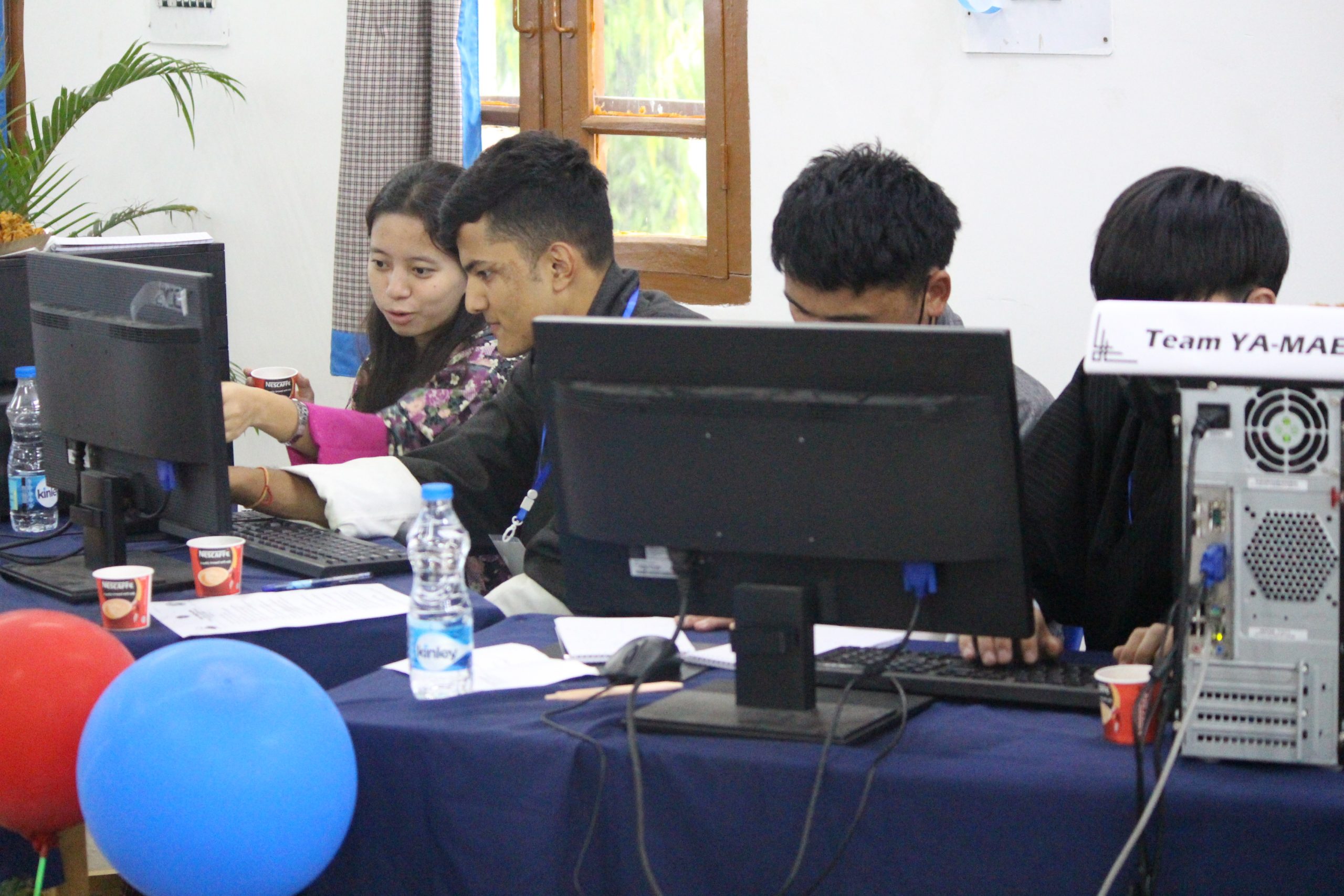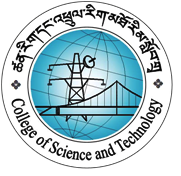BACHELOR of engineering in
Electronics and Communication
About Us
All the Learning outcomes
- Conduct experiments and investigate electronic components and communication system behaviour.
- Identify, formulate and solve complex problems to achieve demonstrated conclusions using mathematical principles and engineering sciences
- Design, implement the electronic equipment, operate the telecommunication systems; manage, consult, and provide technical support on electronic and telecommunication products and projects
- Design system components that meet the requirement of public safety and offer solutions to the societal and environmental concerns
- Conduct research, equip themselves with critical thinking and creativity; possess the ability for self-learning and studying electronics and telecommunications at the graduate level
- Apply the contextual knowledge to assess societal, health, safety and cultural issues and endure the consequent responsibilities relevant to the professional engineering practice.
Our Story

The Bachelor of Engineering in Electronics and Communication Engineering takes a minimum of four years full-time. BE in Electronics and Communication Engineering Programme was founded in June 2009. It was the third undergraduate degree programme to be offered by the College under the Royal University of Bhutan. As of 2021, 158 students have graduated from the College with a Bachelor of Engineering degree in ECE.
About your future
Career-related opportunities
Specialized Skillset
Graduates develop expertise in areas like electronics, circuit devices, communication systems, microprocessors, embedded systems, and programming (C, Java, FPGA).
Hands-On Training
The program includes On-Job-Training (OJT) in the final semester, offering 45 days of industry-oriented experience in telecoms, power corporations, and automation companies.
Diverse Career Fields
Graduates can pursue careers in mobile and satellite communication, antenna design, signal, image and speech processing, computer networking, digital electronics, control systems, embedded systems, system automation, IoT, and robotics.
State-of-the-Art Labs
Well-equipped laboratories provide students with hands-on experience in technologies used for mobile communication and high-quality circuit design.
Head of Department
Mr. Parshu Ram Dhungyel
Information Technology Department
+975-17696363 | parshuram.cst@rub.edu.bt


Head of Department
Mr. Parshu Ram Dhungyel
Information Technology Department
+975-17696363 | parshuram.cst@rub.edu.bt
Definitive Program Document (DPD)
A Definitive Program Document (DPD) outlines the detailed structure, content, and requirements of an academic program. This document is comprehensive and provides all the essential information about the program.
